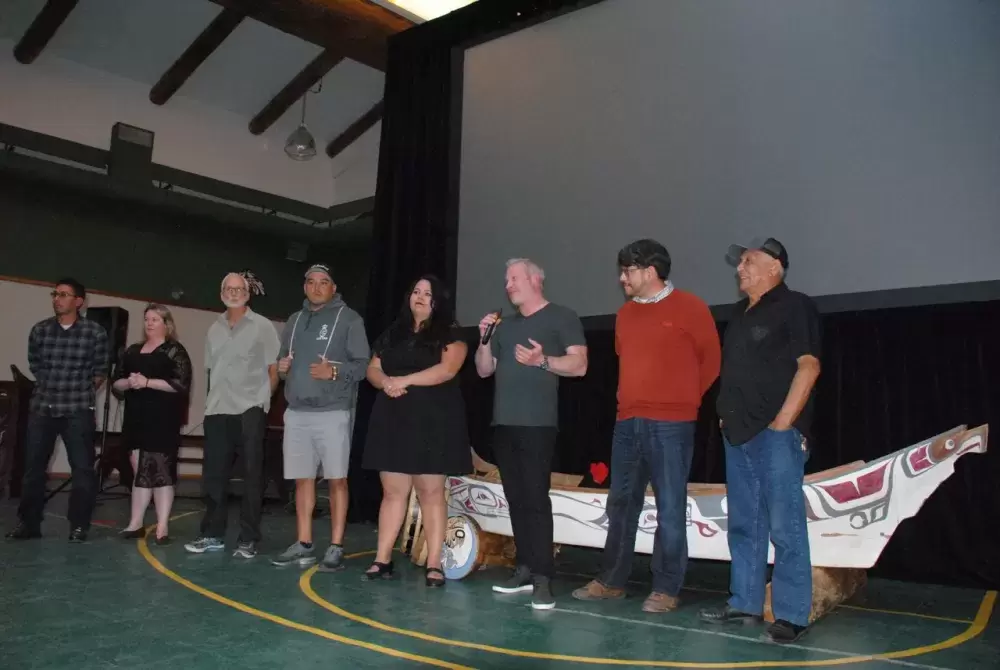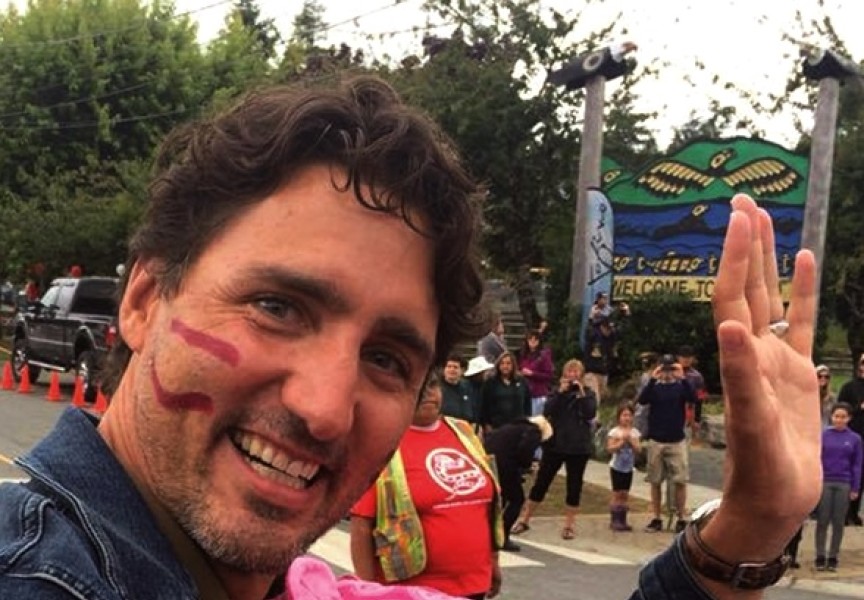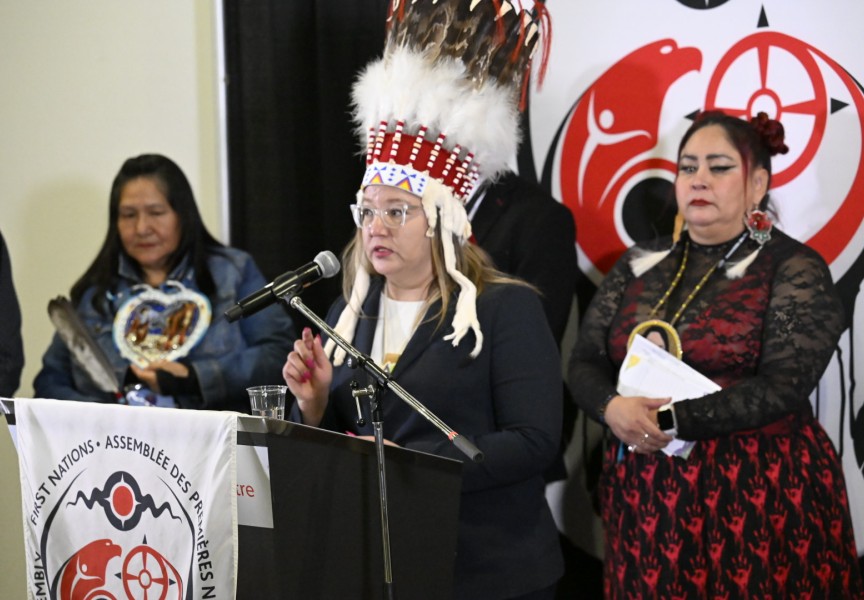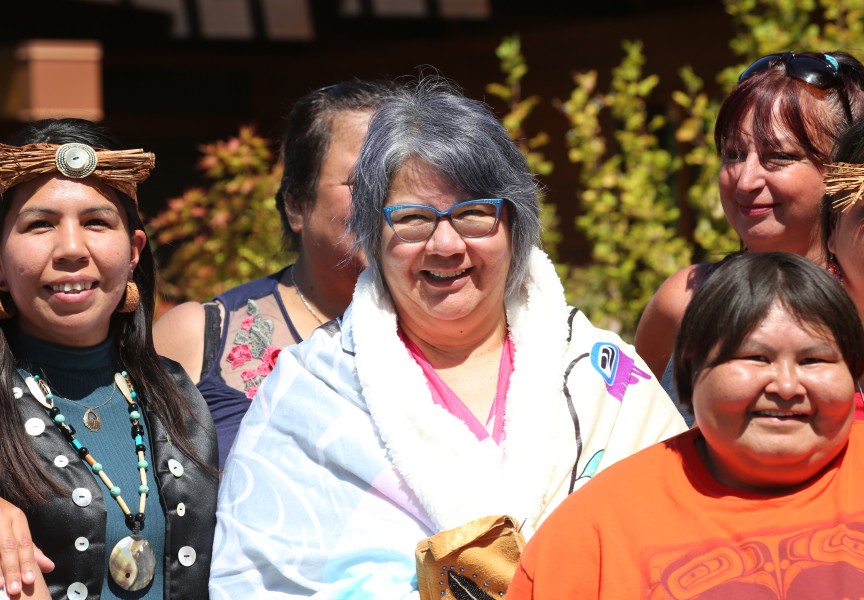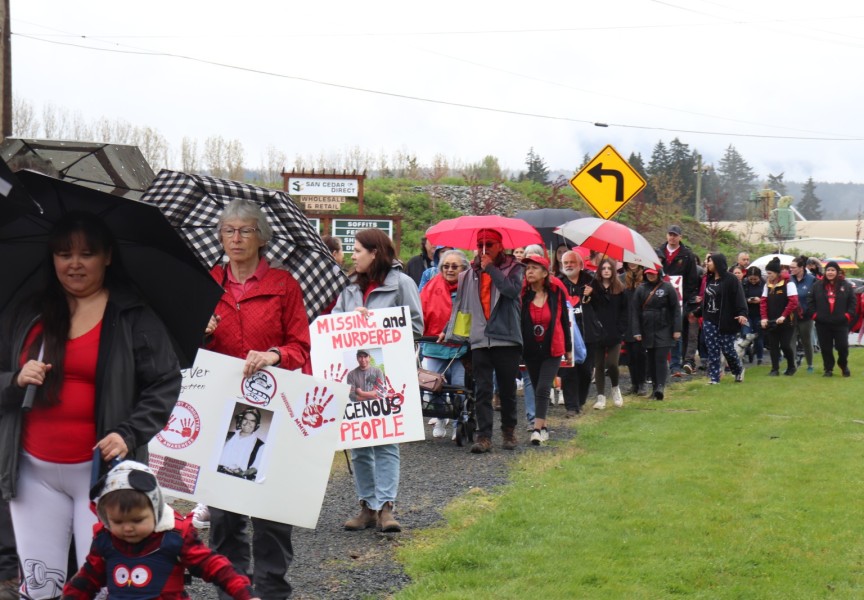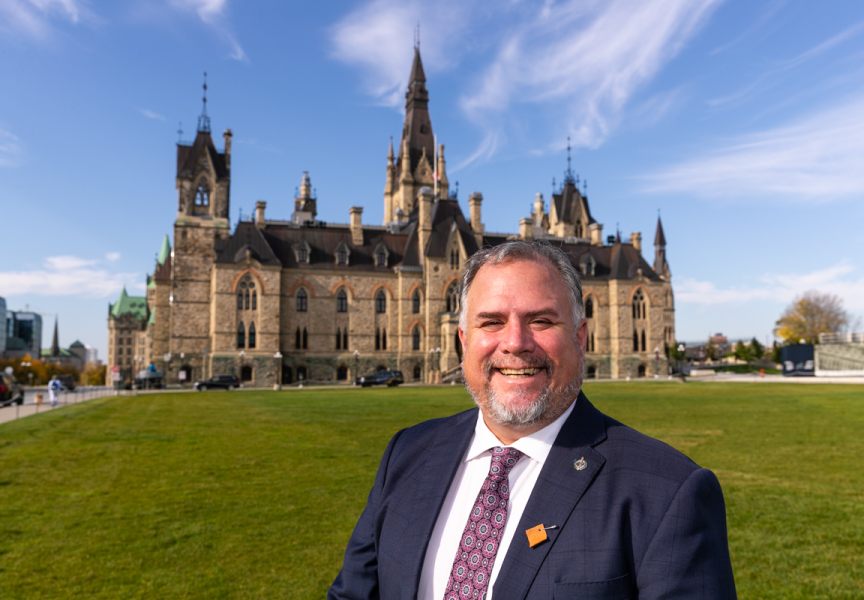After reviewing a recently released report from the federal Broadcasting & Telecommunications Legislative Review Panel (BTLRP), the Indigenous Screen Office (ISO) is calling for a greater Indigenous presence in Canada’s communications future.
The report, Canada’s Communications Future: Time to Act, is the product of a review of Canada's communications laws including the Broadcasting Act, the Telecommunications Act, and the Radiocommunication Act.
The review panel held in-person meetings across the country including with ISO and other Indigenous political, media and cultural organizations.
The ISO is encouraged to see recommendations on Indigenous content and broadband access reflected in the report. However, they state in a press release their disappointment that the report falls short by “failing to recommend equity for First Nations, Inuit and Métis peoples under the Broadcasting Act in the form of equal inclusion with French and English within the legislation.”
“We support [the BTLRP’s] identification of broadband access in Indigenous communities as a central issue, as well as the need for increased funding and support for Indigenous content creation in Canada” said Jesse Wente, executive director of the ISO, in a press release. “We appreciate the recommendation to have greater inclusion of Indigenous peoples at both the CRTC (Canadian Radio-television and Telecommunications Commission) and CBC (Canadian Broadcasting Corporation). The fact remains, however, that equity within the Act itself is the only way to ensure equity for the long term and to move beyond the discriminatory foundation that Canada’s Broadcasting Act was built on.”
The report states that Indigenous leaders and communities want to make media content themselves and they want this content to help them preserve and nurture their languages.
“Reclaiming Power and Place: The Final Report of the National Inquiry into Missing and Murdered Indigenous Women and Girls highlighted the need for Indigenous Peoples to tell their own stories and be part of the creation of stories and the storytelling process,” states the report. “We agree and note that all Canadians can benefit from strengthened Indigenous reflection.”
Locally, the Huu-ay-aht First Nations are continuing to tell their story through a new award-winning documentary, waałšiʔaƛin (Coming Home), produced by Munro/Thompson, that made its broadcast premiere in Port Alberni on Jan. 29.
Coming Home, told from the perspective of several generations of Huu-ay-aht people, is about overcoming the devastating effects of colonization, healing, rebuilding homelands and restoring the connection to traditional culture.
“Coming Home is the story of the Huu-ay-aht First Nations after treaty, trying to make decisions, in this case a very major one, in a way that will positively effect the lives of its people and the lands and water,” said Huu-ay-aht First Nations Councillor John Jack, who appears in the documentary. “It originally started as a communications film or video about Huu-ay-aht’s experience in regards to the LNG project, but because we were getting a lot of good pick up and interest from our citizens wanting to have their say about not just the LNG project but everything in general, it kind of grew into a continuation of two other films that we had—The Return of the River (2003) and the Heart of the People (1997) —and so the idea there is that this is kind of a third in a series of snapshots of Huu-ay-aht’s history.”
Jack said the film’s title—Coming Home—comes from the fact that about 85 per cent of Huu-ay-aht people live away from their traditional territory, therefore part of the nation’s strategic plan is to build a community where at least a significant portion of Huu-ay-aht people choose to live back at home.
“We realized with so many people far removed from the territory, it needs to be a viable alternative with everything you might think of, so we’ve been working on that in kind of a comprehensive way,” Jack said. “We’re doing what we can to keep families together, create jobs, build infrastructure, including housing and helping our people understand their connection to their First Nation, their houses and their community.”
Jack said it’s important to make films about First Nations people to take stock of where they are at today, where they’ve come from and where they’re going. He said he believes there needs to be a broader representation of Indigenous content on Canadian broadcasting platforms.
“I think there needs to be (more representation) in a way that’s more broadly embraced across all media and networks and that it needs to be served up in a way that’s approachable to not only First Nations people but people who don’t have an idea about anything about First Nations other than what they might hear at a coffee shop,” Jack said. “I think that focus on communication comes from our understanding that relationship building is becoming one of the most important things that a treaty First Nation can do and communications is a core part of relationship building.”

